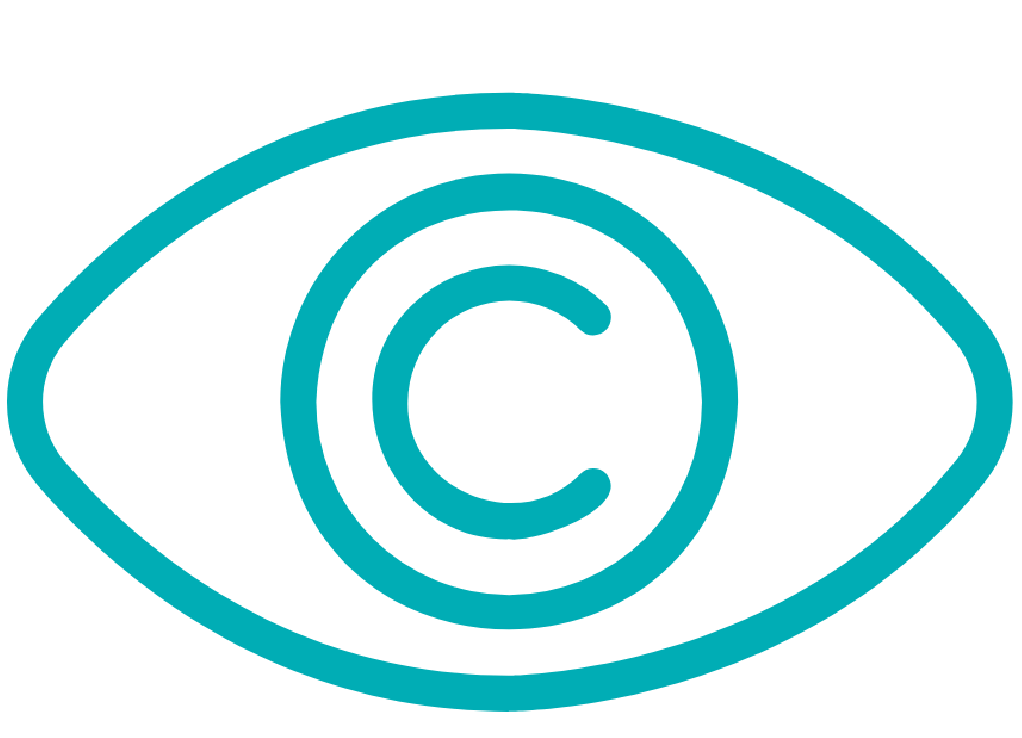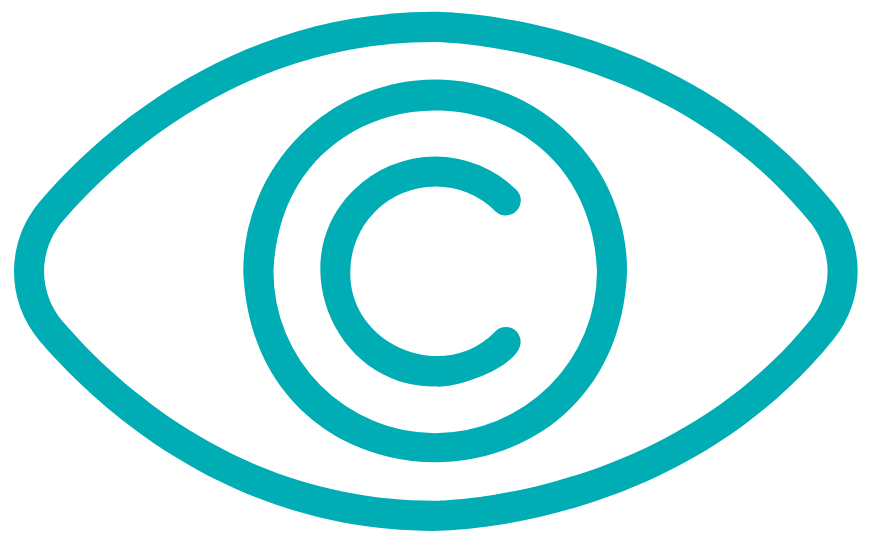Comprehensive Eye Exams
Your vision is invaluable, and preserving it is vital for your well-being. Incorporating regular comprehensive eye exams into your healthcare regimen is a simple yet crucial way to protect against vision loss and maintain your quality of life.
Family Eyecare of Brighton (FEOB)
offers comprehensive eye examinations to assess eye health and vision. They provide services such as determining eyeglass or
contact lens
prescriptions, screening for eye diseases, and checking for other issues that may affect
eye health. These exams can also reveal signs of underlying medical conditions like high blood pressure, high cholesterol, or diabetes. Regular eye exams for children are emphasized to ensure proper vision development and detect any emerging issues early on. Scheduling routine appointments with FEOB helps maintain optimal vision and eye health for the entire family.
Value of Comprehensive Eye Exams
A comprehensive eye exam begins with a review of medical and eye health history, including tests for visual acuity, eye coordination, tracking, depth perception, and other vision functions to detect any developing conditions affecting the health of your eyes. Screenings for eye diseases like glaucoma, macular degeneration, and diabetic retinopathy are also conducted to detect issues early. Eye exams can also reveal signs of systemic illnesses, such as cardiovascular disease or autoimmune disorders. We offer a full range of services, from exams to prescription lenses, to meet the vision care needs of every family member.
What to Expect
Regular comprehensive eye exams are crucial for maintaining healthy vision, as they allow for timely correction of impairments and early detection of emerging eye problems. These exams typically last up to an hour and involve various pain-free tests to assess eye health and visual function. Tests include visual acuity, color-blindness, stereopsis, eye-muscle, autorefraction, retinoscopy, refraction, keratometry, slit-lamp examination, peripheral visual field, and intraocular pressure measurement. Pupil dilation* is also recommended for a clearer view of the retina and detection of eye diseases. Additional tests may be necessary based on individual needs, such as fundus photos or optical coherence tomography. FEOB prioritizes advanced technology and treatment to ensure the highest quality of vision care.
*Please note: dilating eye drops take about 20 minutes to work, and your eyes may be sensitive to light for a few hours following your exam. It is wise to bring sunglasses to your visit or have someone drive you home from the exam.
Checking for Refractive Errors
Over 150 million people in the US wear corrective eyewear for refractive errors, which occur when the eye cannot focus light correctly on the retina. Symptoms include blurred vision, headaches, and glare. The four main types are myopia (nearsightedness), hyperopia (farsightedness), astigmatism, and presbyopia. Refractive errors are diagnosed during an eye exam, and treatment options include eyeglasses, contact lenses, or refractive surgery tailored to individual needs and lifestyle.
Why Eye Exams are Essential for Older Adults
FEOB emphasizes the importance of protecting eye health and preserving vision at every life stage. While aging brings changes to vision, including the need for
reading glasses, it also increases the risk of serious eye conditions like
glaucoma
and
macular degeneration. Routine eye care is crucial for early detection and effective treatment of eye diseases. Annual exams are recommended everyone, especially those with a family history of eye conditions or systemic illnesses, like
diabetes.
Pediatric Eye Exams
Your child's vision development is essential for their overall well-being and participation in activities. Following the American Optometric Association's guidelines, children should have comprehensive eye exams starting from six to 12 months, then between ages three and five, before first grade, and annually thereafter. FEOB offers specialized pediatric eye care, including age-appropriate exams to assess visual skills and detect issues like nearsightedness, crossed eyes, or lazy eye. Treatment options such as eyeglasses or vision therapy are provided based on exam findings.




